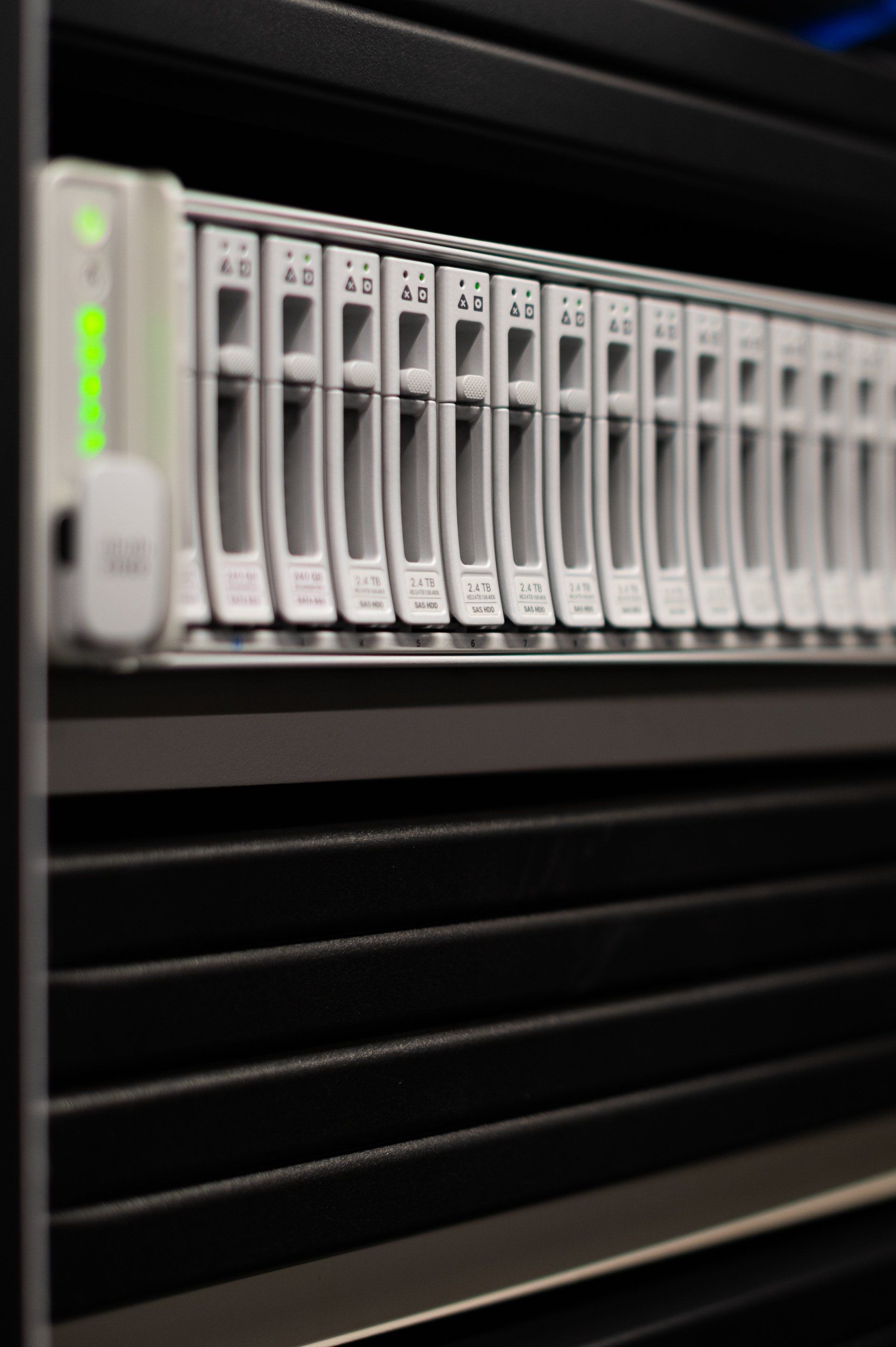Protection System Tranining
C O U R S E S
Quick Links
Protection - System Training - Power 37 / TechnoTrain Manual Protection - System Training Power Duration 3 Days Level Basic This course aims to enable participants in developing their knowledge and skills in the Protection of Industrial Installations. The learner will develop their understanding of the handling of protection relays, using a current injection device for tests and simulations.
This course is designed for engineers and technicians involved in the design, study, testing, maintenance and operation of electrical protection systems for medium voltage installations.
-
Course Objectives:
At the end of this course participants will be able to:
- Analyze the faults that may occur on industrial installations.
- Estimate the value of the short circuit currents.
- Define the main protection systems and their settings.
-
Course Content
- The Distribution Network
- Network faults
- Estimation of Short Circuit Currents
- Protection
-
Programme Schedule
The Distribution Network
- Transformer substation, short circuit capacity
- Transformer substation, short circuit capacity
- Industrial Networks
- Delivery substation, different structures, different power sources
- Influence of capacitive currents
- Neutral Points’ Connections
- Network faults
- Roles and qualities of protection systems
Day 2
- Estimation of Short Circuit Currents
- Transformer sources : three-phase or two-phase short circuit
- Generator set sources : three-phase or two-phase, short- circuit
- Phase Protection Plan and Earth Protection Plan
- Definition and settings of protection systems selectivity diagram
This course aims to enable participants in developing their knowledge and skills in Railway Protection. The learner will develop their abilities in fault finding and troubleshooting for the protection system, thus reducing plant shutdown.
This course is designed for engineers involved in the protection of railway electricity; as well as technicians and engineers from application control departments, project managers, technicians, or operators.
-
Course Objectives:
At the end of this course participants will be able to
- Understand the principles and application of railway protection.
-
Course Content
- Operation and Tension Conversion
- Railway Protection Types
- Protection Mechanisms and Facilities
-
Programme Schedule
Day 1
- Operation and Tension Conversion
- Requirements for steam and tension converters for protection applications
- Operating programs
Day 2
- Railway Protection Types
- Basics of overcurrent applications
- Basic transformer-differential protection for feeder lines
- Basic distance protection facilities for overhead line arrangements
Day 3
- Protection Mechanisms and Facilities
- Overcurrent protection mechanisms HP 492, MiCOM P138
- Transformer protection facilities PQ 792, MiCOM P638
- Overhead line protection facilities PD 591, MiCOM P436/ P438
Protection - System Training - Power 39 / TechnoTrain Manual Duration 2 Days Level Basic Digital Control Systems UNPPST003 This course aims to enable participants in developing their knowledge and skills in Digital Control Systems. The learner will develop their understanding and gain an in-depth knowledge of operational needs for digital control systems. Staff members completing this course are expected to be able to improve their contribution and be more informed in the workplace. Managers completing this course are expected to be comfortably conversant with the system, project engineering, and be better equipped to make more informed decisions.
This course is designed for engineers and managers working and making decisions in the substation control system environment, who require deeper knowledge on either the operational needs or decision making within said environment.
-
Course Objectives:
At the end of this course participants will be able to
- Gain a deeper understanding of the relevance and impact of substation control, and of protection and the functions of distant control.
- Understand project engineering for a digital control system and gain hands-on practical experience using PACiS.
- Understand the basic principles of digital control systems.
-
Course Content
- Introduction to Digital Control System
- Construction and Application
-
Programme Schedule
Day 1
- Introduction to Digital Control Systems
- Definition
- Usage and fundamentals
- Choice of system components
- Operating level, operating surfaces, operating hierarchy
Day 2
- Construction and Application
- Construction of communication structures
- Construction of systems
- Project engineering and service tools, construction and application
- Expiry and winding-up of a project
- Case examples/exercises with PACiS
This course aims to enable participants in developing their knowledge and skills in the Basic Principles of Digital Control Systems. The learner will develop their understanding of digital control systems, and this course provides the knowledge necessary to understand their advantages and applications. The end-user is able to choose the most appropriate solutions for their needs and scale it in terms of function, architecture, and services.
This course is designed for substation control system engineers, and decision-making managers in substation control systems.
-
Course Objectives:
At the end of this course participants will be able to
- Understand an overview of the architecture and task-setting within the digital control system environment.
- Become knowledgeable on the relevance and impact of control and protection, and the functions of distant control.
- Understand electrical energy essentials.
-
Course Content
- Overview of all principle aspects regarding Digital Control Systems
-
Programme Schedule
Day 1
Overview
- Application features, system structure
- Components at field level
- Components at station level
- Communications overview
- Leading-engineering functions
This course aims to enable participants in developing their knowledge and skills in the Application of IEF 61850 Communication Protocols. The learner will develop their understanding of IEC 61850 standards to substation automation projects. End-users and system integrators will know about specifications and have the required knowledge to improve project follow-ups. The system architects and consultants are expected to have gained a better understanding of future evolutions of the substations’ automation applications.
This course is designed for end-users and system integrators who want to specify and/or follow-up an IEC 61850 project, as well as system architects and consultants who want to understand future evolutions of substation and network automation applications.
-
Course Objectives:
At the end of this course participants will be able to
- Understand how to move from the 1000+ pages of the IEC 61850 standard to real substation automation projects.
- Know the key concepts and jargon of the IEC 61850 standard.
- Understand what is not defined for a real project and discuss applications through real products and projects.
-
Course Content
- IEC 61850 Overview
- IEC 61850 Concepts
- Practical Part (in real project)
-
Programme Schedule
Day 1
- IEC 61850 Overview
- Definition
- Fundamentals
- Usage
- IEC 61850 Concepts
- Services
- Modeling
- Substation configuration language
- Conformance tests
Day 2
- Practical Part (in Real Project)
- Architectures
- Distributed functions
- Retrofit cases
- System configuration
- Interoperability tests
- Project management
Choose a subject area
Safety & Risk Prevention
Learn moreTechnical Fundamentals
Learn moreTransmission Equipment
Learn moreProtection-System Training
Learn moreNetwork Management
Learn moreReady to see the impact that UniHouse can have on your organisation?
Contact Us
We will get back to you as soon as possible.
Please try again later.
Useful links
Contact info
London, United Kingdom
Imperial College,
Innovation Hub,
4th Floor,
84 Wood Lane, London,
W12 0BZ
Join our newsletter
We will get back to you as soon as possible
Please try again later
The name "UniHouse®" is protected by UK Trademark Registration No. UK00003667826, held by Unihouse Global Ltd. This trademark is registered with the Intellectual Property Office in the United Kingdom. Any unauthorized use is strictly prohibited





